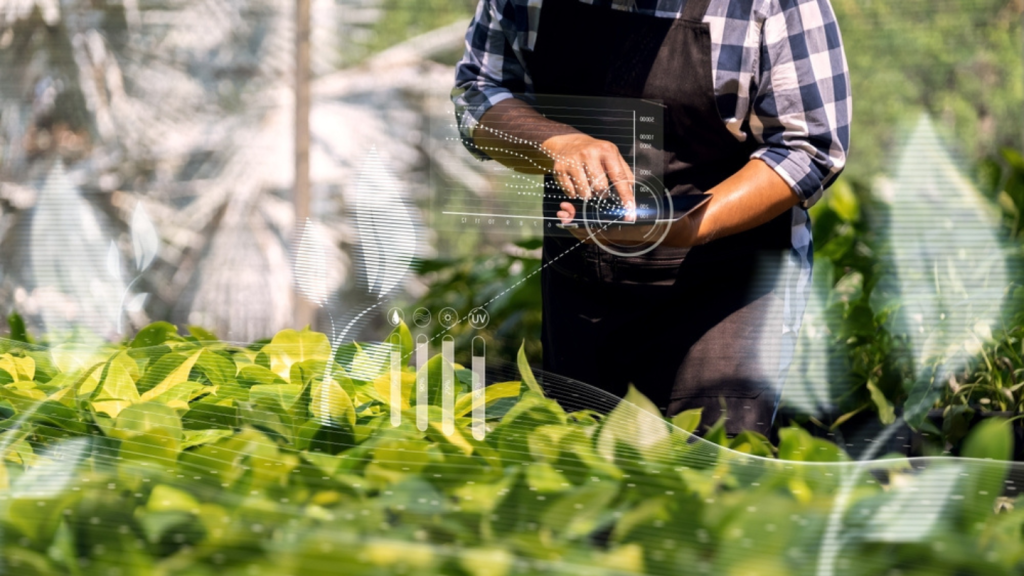Maruha Nichiro, the world’s biggest seafood company, has invested in Umami Bioworks, a food-tech start-up, to develop cell-cultivated seafood.
Singapore-based Umami Bioworks, formed in 2020 as Umami Meats, says it uses machine learning to create “the operating system” for cell-cultivated seafood, including cell lines and growth media.
Japanese giant Maruha Nichiro will work with the B2B company in areas like cell development as part of efforts to develop and commercialise cell-cultivated seafood.
The terms of its investment have not been disclosed.
Together, the companies aim to produce cell-based alternatives to seafood, particularly in the category of ‘novel ETP’ species, which are seen to be “endangered, threatened and protected”.
See Also:
“Our seminal partnership with Maruha Nichiro, a global leader in crafting beloved food products, is a pivotal step in achieving our mission of addressing the challenge of feeding a growing global population while minimising environmental impact,” Mihir Pershad, the CEO of Umami Bioworks, said in a statement.
How well do you really know your competitors?
Access the most comprehensive Company Profiles on the market, powered by GlobalData. Save hours of research. Gain competitive edge.

Thank you!
Your download email will arrive shortly
Not ready to buy yet? Download a free sample
We are confident about the unique quality of our Company Profiles. However, we want you to make the most beneficial decision for your business, so we offer a free sample that you can download by submitting the below form
By GlobalData“We have the development and production technology but we require experienced partners with global reach that can help us manufacture and deliver cultivated products to consumers.”
Umami Bioworks said it will be able to expedite its long-term plan of building a research and commercial team in Japan. In turn, Maruha Nichiro will have a third method of production, other than fishing and aquaculture, for increasingly scarce seafood species.
Two years ago, Maruha Nichiro signed an agreement to work with Integriculture, another start-up focused on developing foods using cells, to work on scaling up the technology.




